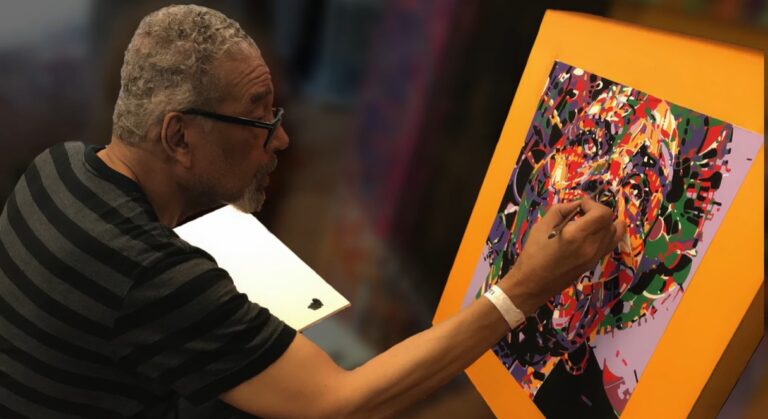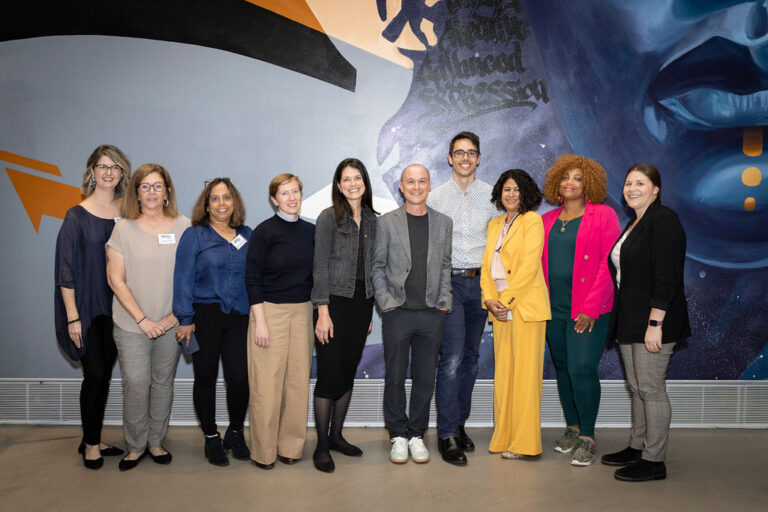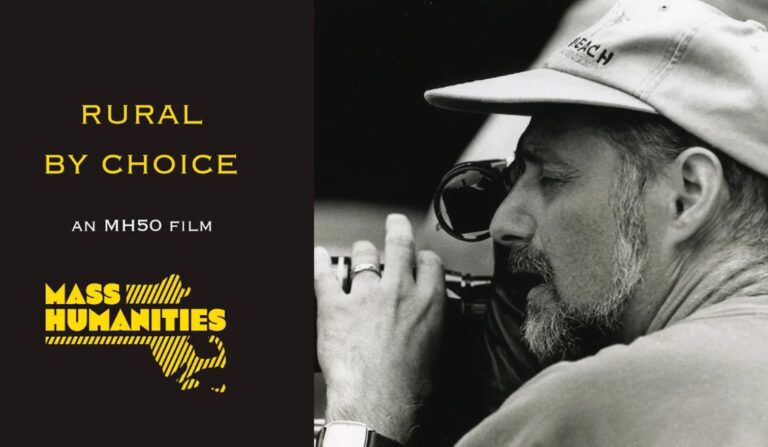
Note: A reading of William Apess’ “Eulogy for King Philip,” sponsored in part by Mass Humanities, was planned for March 27 at First Parish Church in Cambridge. The event was postponed due to the COVID-19 crisis.
The year 2020 marks the 400th anniversary of the establishment of Plymouth; planning to mark this milestone has been underway for some time. Boston Mayor Marty Walsh is excited to mark Boston’s 400th birthday in 2030. Several organizations have coalesced to celebrate multiple historical moments marking the 250th anniversary of the American Revolution in Massachusetts.
But something is missing: there is no comparable effort to mark the 350th anniversary of King Philip’s War in 2025. Indeed, the war goes almost unacknowledged on the cultural landscape of Boston.

King Philip’s War was a bloody conflict in the 1670s that involved every New England colony and all the peoples of the Algonquian nation. By the 1670s there were more than 50,000 English colonists living in New England, and they were steadily encroaching on land held by Native people. When the chief of the Wampanoag died while in captivity in Plymouth Colony, his brother Metacom (known to the English as King Philip) became determined to drive the colonists out. Over the course of 1675-76, both sides mounted attacks against each other. Colonists would destroy an Indian village and Indians would respond by burning down a colonial settlement. Colonist forces carried out multiple massacres.
Eventually the English won out, killing Metacom and interning many Christianized New England Indians on Deer Island in Boston Harbor during the winter of 1675-76, where roughly half of some 900 internees died of starvation and exposure. About 45 Indians were publicly executed on Boston Common. Many were sold into slavery.
Yet this history remains almost invisible in Boston. Why? One reason is the power of white America to identify who and what is important and to omit events that complicate the narrative. The strength of the settler-colonialist version of history is enormous. Second is the lasting belief among whites in the Myth of the Vanishing Indian: that the Indian faced certain doom as a relic of the past who had to give way to westward expansion and the advance of civilization, to the point that many people believe there are no more “Indians,” or at least no more “real Indians.” Roxanne Dunbar-Ortiz and Dina Gilio-Whitaker, writing in their book “All The Real Indians Died Off” and 20 Other Myths about Native Americans, declare: “No myth about Native people is as pervasive, pernicious, or self-serving as the myth of the vanishing Native…”
Indians have fought to mark the history of King Philip’s War, organizing every October a Sacred Paddle, among other efforts. The 2017 flyer for this program states: “We remember the ancestors’ sacrifice and survival through ceremony on Deer Island, a Sacred Paddle through Boston Harbor up the Charles River and a walk from Brighton to Natick,” where the day ends in prayer. Christine DeLucia argues in her important new book, Memory Lands–King Philip’s War and the Place of Violence in the Northeast: “The ability to posit ongoing Native place-connections in these seemingly conquered or ceded spaces is…a key function of tribal reclamations of heritage through movement, performance, and ritual.”

I think there’s an opportunity to do more. The aftermath of the August 2017 white supremacist rally in Charlottesville has projected public history into an unprecedented national conversation and visibility. This has gone beyond the critical examination of Confederate memorials to a general reexamination of what is marked and what is unmarked on the cultural landscape. Here in Boston, Mayor Walsh has pronounced his strong support for the placement of public art outside Faneuil Hall to highlight the fact the Peter Faneuil, who gave the hall to the town of Boston, profited from the slave trade. A broad array of civic leaders have strongly endorsed the development of a memorial on Boston Common to Martin Luther King, Jr., and Coretta Scott King and a related learning center elsewhere in the city.
On Boston Common colonists publicly executed Indians brought into Boston as prisoners as part of King Philip’s War. A public history or public art installation could introduce Bostonians and all those who visit the Common to this crucial moment in colonial history. There might not be a better place than the path of the Freedom Trail to commemorate King Philip’s War. Because the Common has such limited space, another possible venue would be Christopher Columbus Park on Boston’s waterfront.
A less costly but still significant step would be a public reading of William Apess’s 1836 eulogy on King Philip in Boston. For the last ten years, Mass Humanities has supported public readings of Frederick Douglass’s 1852 speech, The Meaning of the Fourth of July for the Negro, just prior to July 4th at the Shaw/54th Massachusetts Regiment Memorial on Boston Common and across the Commonwealth. The speech is edited into several short paragraphs, and anyone who chooses, from civic leaders to ordinary citizens, reads a passage.

The same could be done with Apess’s eulogy. Apess, a Pequot and Methodist minister, declared in the eulogy that Philip “…died a martyr to his cause, though unsuccessful, yet as glorious as the American Revolution.” He called out the colonists: “It was a common thing for all the Pilgrims to curse the Indians, according to the order of their priests. It is also wonderful how they prayed, that they should pray the bullet through the Indians’ heart and their souls down into hell. If I had any faith in such prayers, I should begin to think that soon we should all be gone. However, if that is the way they pray, that is, bullets through people’s hearts, I hope they will not pray for me; I should rather be excused.” (The full eulogy can be found here.)
In Boston and across the nation, the only way to begin to overcome a deeply racist past is to acknowledge it honestly and openly. It is my hope that we can launch a “Reading King Philip’s Eulogy” program with a broad partnership in November, 2019, as a prelude to the Thanksgiving season. Perhaps the hatred we saw unleashed in Charlottesville can be countered with a more truthful recounting of our history. Let’s work to remember King Philip’s War.
—
Marty Blatt has served as Professor of the Practice and Director of the Public History Program at Northeastern for the last five years. He coordinated bringing the Humanities Action Lab exhibit, States of Incarceration, to campus. Blatt is a board member of the Northeastern Humanities Center and part of the University Holocaust and Genocide Awareness Committee.




